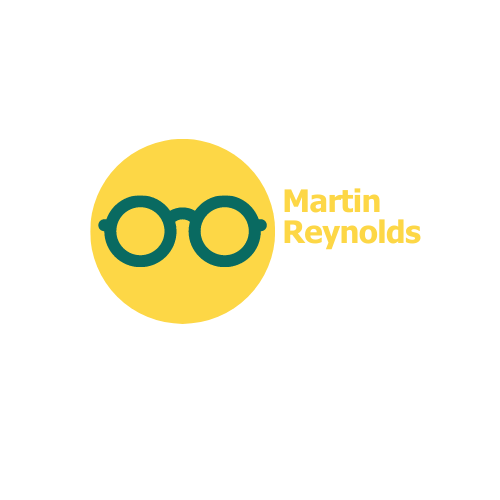The Connection Between Hypertension and Eye Health Managing Risks
Hypertension, commonly known as high blood pressure, is a widely prevalent condition that affects millions of people worldwide. While it is well-known that hypertension can lead to various health complications, such as heart disease and stroke, its effect on eye health is often underestimated. In this article, we will explore the connection between hypertension and eye health, as well as provide some insights into managing the risks.
The link between hypertension and eye health:
1. Hypertensive retinopathy:
– Hypertension can cause damage to the blood vessels in the retina, the light-sensitive tissue at the back of the eye.
– This condition is known as hypertensive retinopathy and is characterized by narrowing, thickening, and leakage of the blood vessels.
– As the retinal blood vessels become compromised, the retina may not receive enough oxygen and nutrients, leading to vision problems.
2. Diabetic retinopathy:
– Individuals with both hypertension and diabetes are at an increased risk of developing diabetic retinopathy, a condition that affects the blood vessels in the retina due to diabetes.
– The combination of hypertension and diabetes can worsen the damage to the blood vessels, leading to more severe vision problems.
– Diabetic retinopathy can progress to advanced stages, such as proliferative retinopathy, which may result in severe vision loss or even blindness.
Managing the risks:
1. Controlling blood pressure:
– One of the most effective ways to manage the risks of hypertension on eye health is to control blood pressure levels.
– Regular monitoring of blood pressure and maintaining it within a healthy range can significantly reduce the progression of hypertensive retinopathy.
– Lifestyle changes, such as adopting a healthy diet low in sodium, engaging in regular physical activity, and managing stress, can contribute to maintaining healthy blood pressure levels.
2. Regular eye examinations:
– It is imperative for individuals with hypertension to undergo regular eye examinations to detect any signs of hypertensive retinopathy or other eye-related complications.
– Eye examinations, including a dilated eye exam, allow eye care professionals to evaluate the health of the retina and detect any abnormalities or signs of damage caused by hypertension.
– Early detection and intervention are crucial in managing hypertensive retinopathy and preventing further vision problems.
3. Medication adherence:
– Hypertension is often managed through medication prescribed by healthcare professionals.
– Adhering to the prescribed medication regimen is crucial to keep blood pressure under control and reduce the risk of complications on eye health.
– In some cases, specific medications may be prescribed to protect the blood vessels in the retina and slow down the progression of hypertensive retinopathy.
4. Lifestyle modifications:
– In addition to controlling blood pressure, certain lifestyle modifications can further safeguard eye health for individuals with hypertension.
– Quitting smoking, as smoking can aggravate the damage to the blood vessels in the retina, is highly recommended.
– Eating a balanced diet rich in antioxidants, vitamins, omega-3 fatty acids, and minerals like zinc can support eye health.
– Protecting the eyes from excessive UV radiation by wearing sunglasses and maintaining a healthy weight are additional measures to reduce the risks associated with hypertension on eye health.
In conclusion, while hypertension poses risks to many different aspects of health, it is important not to overlook its potential impact on eye health. Understanding the connection between hypertension and eye health enables individuals to take proactive steps towards managing their risks. By controlling blood pressure, undergoing regular eye examinations, adhering to prescribed medications, and making appropriate lifestyle modifications, individuals with hypertension can mitigate the risks and ensure the preservation of their eye health for a lifetime.
